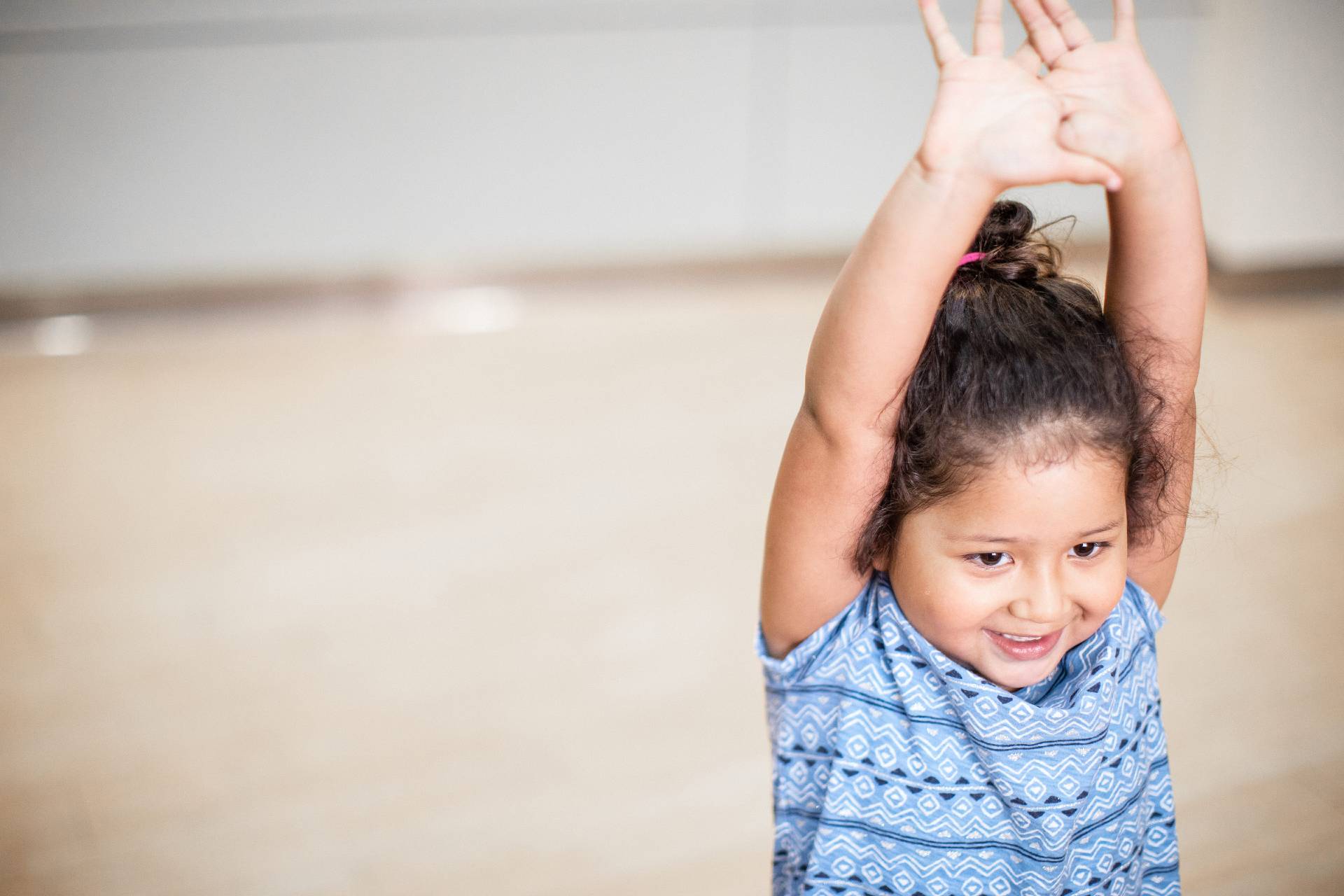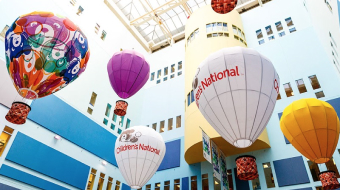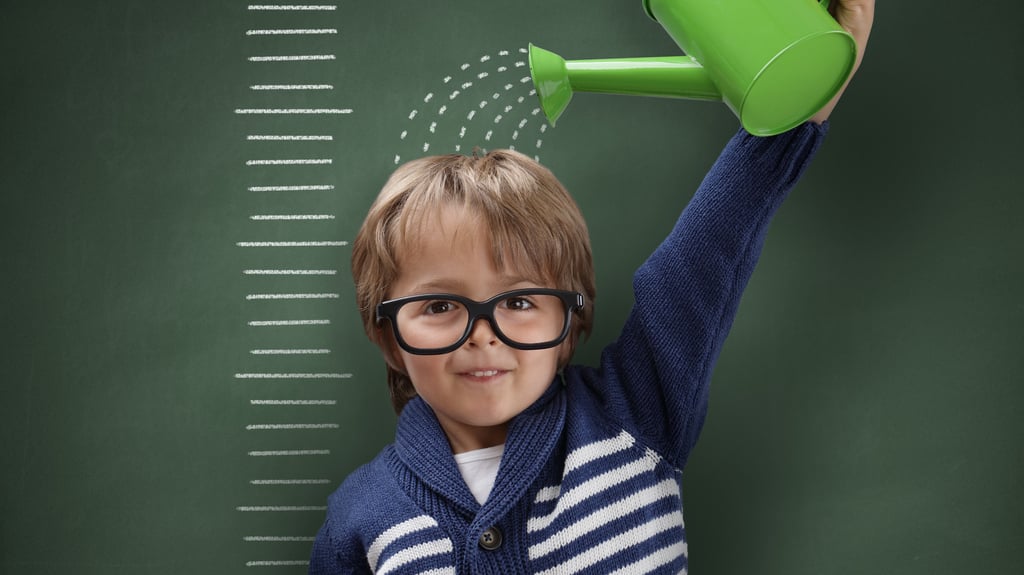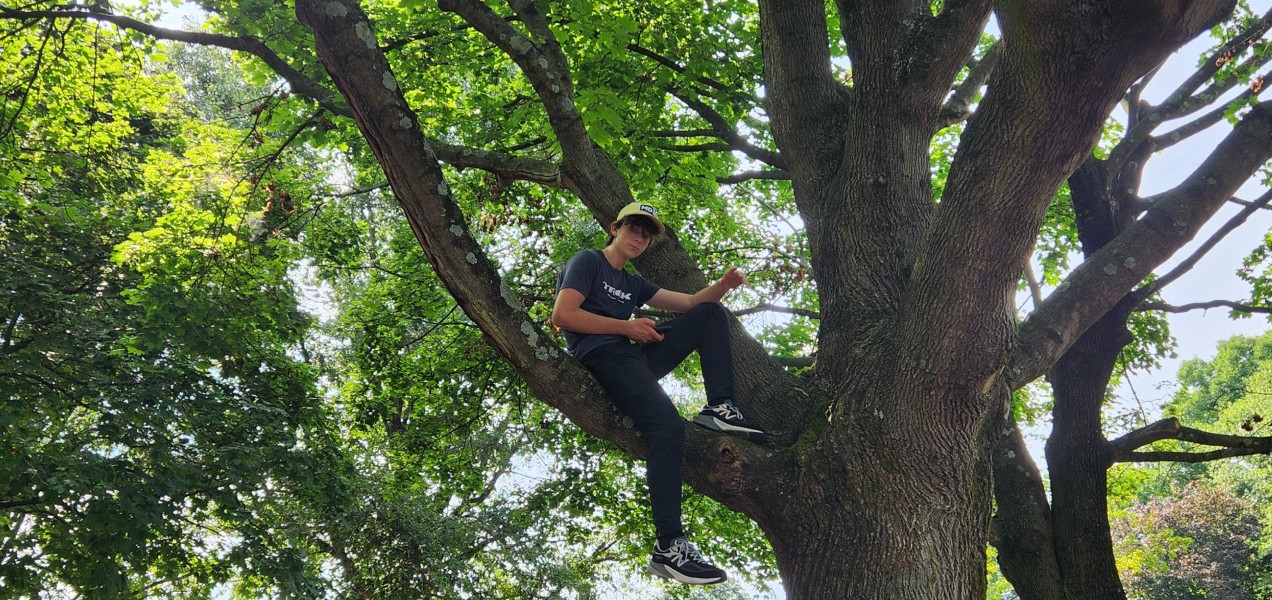
Movement Disorders Program

Children's National Hospital offers one of the few pediatric movement disorder programs in the Washington, D.C., area. The expertise and treatments available at Children’s National can significantly improve your child’s quality of life. Many of the children we treat are able to return to the things they love, symptom-free.
Our Providers
Our pediatric specialists provide personalized care for your child’s physical, mental and emotional health needs.
Contact Information
For appointments, please call 1-888-884-BEAR (2327) and for information, call 202-476-2120.
Expertise in Care for Movement Disorders
The Movement Disorders Program at Children’s National offers the best available care for children with abnormalities affecting motion, muscle tone and the ability to carry out purposeful movement. Our team includes pediatric experts in neurology and physical medicine who specialize in movement disorders. We collaborate with providers in psychiatry and at our Rare Disease Institute to provide a full range of support for your child. Our experience caring for more than 500 children per year translates to a superior level of care.
Highlights of our program include:
- Comprehensive diagnostic testing. Our patients have access to the best available genetic testing as well as advanced imaging techniques, such as spectroscopy magnetic resonance imaging. Our advanced capabilities ensure a more accurate diagnosis.
- Multidisciplinary clinic. Our movement disorders clinic was designed with your family’s need for convenient, coordinated care in mind. We are the only program in the Washington, D.C., area where patients can see a full team of experts in a single clinic visit.
- Research. We are part of an elite group of national and international programs working to improve care and find new treatments. We do this work through partnerships with the Dystonia Medical Research Foundation and the National Institute of Neurological Disorders and Stroke’s Human Motor Control Section.
- Summer camps. Camp Connect - TS is one of few programs of its kind and is designed to help children with movement disorders build self-esteem and gain independence. Learn more about other camps we offer to children with neurologic disorders through Camp Accomplish.
Movement Disorder Treatments at Children’s National
There is no cure for a movement disorder. However, we can help your child find lasting symptom relief and help make movements less painful and disruptive. In addition to offering a complete range of treatments, our team works tirelessly with your family to adjust them to meet your child’s changing needs.
Treatments available at Children’s National include:
- Medication. We offer an array of medications, including innovative and effective uses for medications not typically used for movement disorders.
- Comprehensive behavioral intervention for tics. Our team is trained in habit reversal comprehensive behavioral intervention for tics (CBIT), which develops personal strategies for coping with tics.
- Intrathecal baclofen. This treatment works by delivering medication (baclofen) directly into the spinal fluid with the help of an implantable pump.
- Injections. We inject safe levels of medications such as Botox® and Phenol to help overactive muscles relax.
- Neurosurgery. Surgical procedures, such as selective dorsal rhizotomy and deep brain stimulation, can interrupt electrical impulses responsible for movement disorders. Learn more about neurosurgery.
- Orthopaedic procedures. Your child may need surgery to prevent or correct problems with muscle tone, growth and physical development. Learn more about orthopaedic surgery and sports medicine.
- Rehabilitative therapy. Our rehabilitation medicine therapists help your child perform activities such as walking, talking and getting dressed, to the best of his or her abilities.
Types of Movement Disorders We Treat
We treat the complete range of movement disorders, including:
- Tics. Brief movements or noises that happen repeatedly. Tics may include grunting, squealing, blinking and throat clearing.
- Tremors. Trembling or shaking movements. Although tremors most commonly occur in the hands, they also can happen in any part of the body.
- Twitches. Small movements that occur when muscle fibers start engaging uncontrollably.
- Gait problems. Gait is the natural foot pattern that occurs when your child walks. Movement disorders can make walking difficult or nearly impossible.
- Dystonia. Uncontrolled twisting movements, which are sometimes painful.
Comprehensive Behavioral Intervention for Tics (CBIT)
CBIT is a non-drug treatment consisting of three important components:
- Teaching the patient to be more aware of tics
- Teaching patients to do competing behavior when they feel the urge to tic
- Making changes to day-to-day activities in ways that can be helpful in reducing tics
The first appointment will be with one of our movement disorder providers. They will confirm the diagnosis and make recommendations for treatment. If they feel CBIT is recommended, then your child will be given an appointment with one of our CBIT providers for an initial consultation.
For more information about CBIT please visit the Tourette Association of America.
Family Resources
Dystonia Medical Research Foundation
Tourette's Syndrome Association of Greater Washington
Locations

Main Hospital
- Specialty Care
- Emergency Care
James Finds a Path to Health
James is an active teenager who loves running, mountain biking and rock climbing. But not too long ago, he couldn’t even walk in a straight line. It was a medical mystery. He found the answer at Children’s National Hospital.



Advice From Our Experts
Want advice on raising healthy, happy kids? The experts at Children's National are here for you! Get reliable advice from trusted doctors on the Rise and Shine blog. We're sharing our knowledge on everything from children's health to practical parenting tips.





